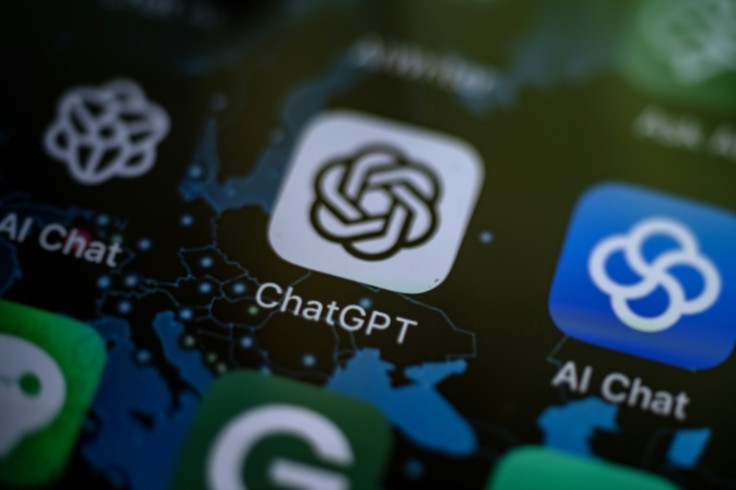GoT Author George RR Martin Accuses ChatGPT-Creator OpenAI Of 'Mass Scale Systematic Theft'
ChatGPT creator AI insists that its use of the content for training AI comes under fair use in the US copyright laws as creators including authors and comedians filed lawsuits to protect their work.

ChatGPT creator OpenAI is in fresh trouble as a group of renowned writers led by Game of Thrones (GoT) novelist George R R Martin have sued the company.
This has added to the latest woes of OpenAI regarding its artificial intelligence (AI) platform. The 17 authors who have taken legal action against the ChatGPT creator claimed that their works were used without permission.
Meanwhile, OpenAI and other such AI companies have said that their training data comes under the fair use category in the US copyright law.
Writers like John Grisham, Jodi Picoult and George RR Martin have filed a class action lawsuit against OpenAI. The move was initiated by the Authors Guild forum which unites writers, visual artists and source code owners. The Guild has also filed lawsuits against Stability AI and Meta Platforms under the same clause of copyright infringement for using data to train AI.
Microsoft-backed OpenAI said it respects author's rights and isn't violating the US copyright law. The company revealed that they are having "productive conversations" with the creators including the Authors Guild to sort out the issue.
In their filing against the Microsoft-backed company at a New York federal court the authors complained of "flagrant and harmful infringements of plaintiffs' registered copyrights". The Authors Guild labelled the OpenAI artificial intelligence platform ChatGPT as a "massive commercial enterprise" that relies on systematic theft on a mass scale.
Other signatories of the lawsuit filed by the Authors Guild include writers Jonathan Franzen, Sylvia Day, Elin Hilderbrand and David Baldacci.
ChatGPT creator OpenAI destroying literature and creative industries
Speaking about the lawsuit, Authors Guild CEO Mary Rasenberger said: that it was imperative to stop this systematic theft as it is destroying literary culture. This needs to be stopped in its tracks as other creative industries are dependent on it, she added.
Rasenberger highlighted how writers spend years writing great books and their lives and learning is dependent on it. They spend years perfecting their crafts and to preserve such highly valued work, authors must be protected. Writers must have control over their works used by generative AI to protect literature, Rasenberger added.
The Authors Guild cited individual ChatGPT searches for each other involved in the lawsuit to drive home the point. One such ChatGPT search for Game of Thrones writer George R R Martin showed a prequel to the novel titled 'A Dawn of Direwolves' which had the exact same characters from the author's 'A Song of Ice and Fire' series. The lawsuit called this "an infringing, unauthorised, and detailed outline for a prequel".
Meanwhile, OpenAI has defended this saying that writers would benefit from AI and it has utmost respect for them. The company hoped it would find "mutually beneficial ways to work together" and help people use new technology like AI for better content creation.
The Microsoft-backed company recently got into a legal problem when another group of writers led by David Henry Hwang and Michael Chabon sued them for "clear infringement of intellectual property" at a San Francisco court earlier in September.
Similar lawsuits were filed against the ChatGPT creator OpenAI in August by comedian Sarag Silverman and author Paul Tremblay at a California court. At that time OpenAI said that the claims failed to take into account the limitations and exceptions of copyright laws.
According to OpenAI, copyright laws allow for innovations such as the large language models used by Artificial Intelligence. So, data training AI comes under fair use.
This battle of copyright has led to changes in the bookselling sphere as e-commerce giants like Amazon are now asking writers to clearly indicate if they have used AI-generated material in their ebooks. Also, in an attempt to restrict AI texts, Amazon has reduced the limit of the daily release of self-published books by a writer to three.
© Copyright IBTimes 2025. All rights reserved.





















